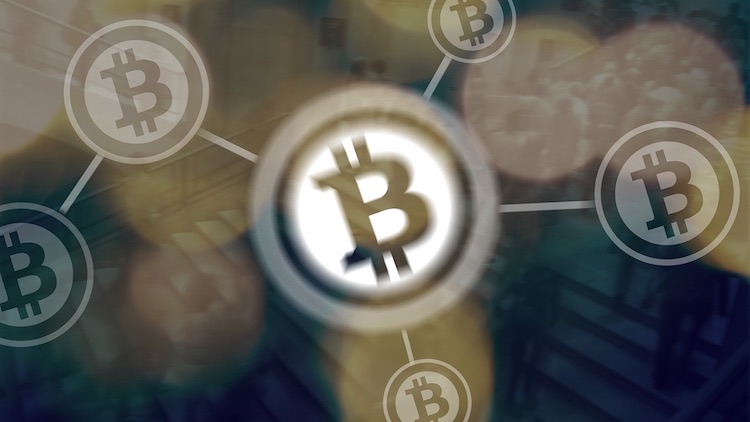Payments
Why bitcoin for retail purchases is far from becoming a reality
- As the value of bitcoin surges, its use as a retail payment method has been slow to catch on.
- Due to the higher costs of transacting with bitcoin, customers are more likely to think of it as an investment vehicle rather than a means to pay.








